Home Selling Tips: Navigate Your First Home Purchase Like a Pro
Home Selling Tips: Navigate Your First Home Purchase Like a Pro
Embarking on the journey of buying a home can be daunting, but with the right Home Selling Tips, you can approach this significant investment with confidence. This guide will walk you through essential strategies to ensure a successful home buying experience.
🏡 Introduction to Home Buying Process
The home buying process is an exciting journey filled with numerous steps. Understanding this process is crucial to making informed decisions. It begins with an initial consultation that sets the groundwork for your home search.
Key Steps in the Process
- Initial Consultation
- Understanding Your Needs and Goals
- Overview of the Purchase Process
- Types of Loan Approvals
- Starting the Home Search
📋 Importance of Initial Consultation
Having an initial consultation is a critical first step in the home buying process. This meeting enables you to share your aspirations and challenges in the current market.
During this consultation, a real estate professional will help you navigate the complexities of the market. You'll discuss your budget, preferred neighborhoods, and any specific features you desire in a home.

📝 Understanding Your Needs and Goals
Identifying your needs and goals is essential for a successful home buying experience. Everyone has unique preferences, and understanding these can lead to a more targeted search.
Consider the following aspects:
- Desired home size and layout
- Preferred location and community aspects
- Budget constraints and financing options
Clear goals will streamline your search and make it easier to identify suitable properties.

🔍 Overview of the Purchase Process
The purchase process can feel overwhelming, but breaking it down into manageable steps makes it more digestible. Here’s a simplified overview:
- Initial Consultation
- Pre-qualification for a loan
- Home search and viewings
- Making an offer
- Negotiation and acceptance
- Inspections and contingencies
- Closing the deal
Each of these steps is crucial to ensure a smooth transaction.

💰 Types of Loan Approvals
Understanding the different types of loan approvals is vital. Loan options can significantly influence your purchasing power and strategy.
Here are the common types of loan approvals:
- Pre-qualification: A basic assessment of your financial situation.
- Pre-approval: A more thorough review that gives you a conditional commitment for a loan.
- Final approval: The last step before closing, confirming all details are in order.
Each type plays a role in how competitive your offer will be.

🏠 Starting the Home Search
Once you’ve established your goals and secured a loan approval, it's time to start the home search. This phase is where excitement builds as you explore potential homes.
Utilizing the right strategies during your search can prevent overspending. Consider these tips:
- Focus on your must-haves versus nice-to-haves.
- Be open to different neighborhoods to expand your options.
- Trust your real estate professional to guide you through available listings.
With a clear plan and professional support, you can find the perfect home without overextending your budget.
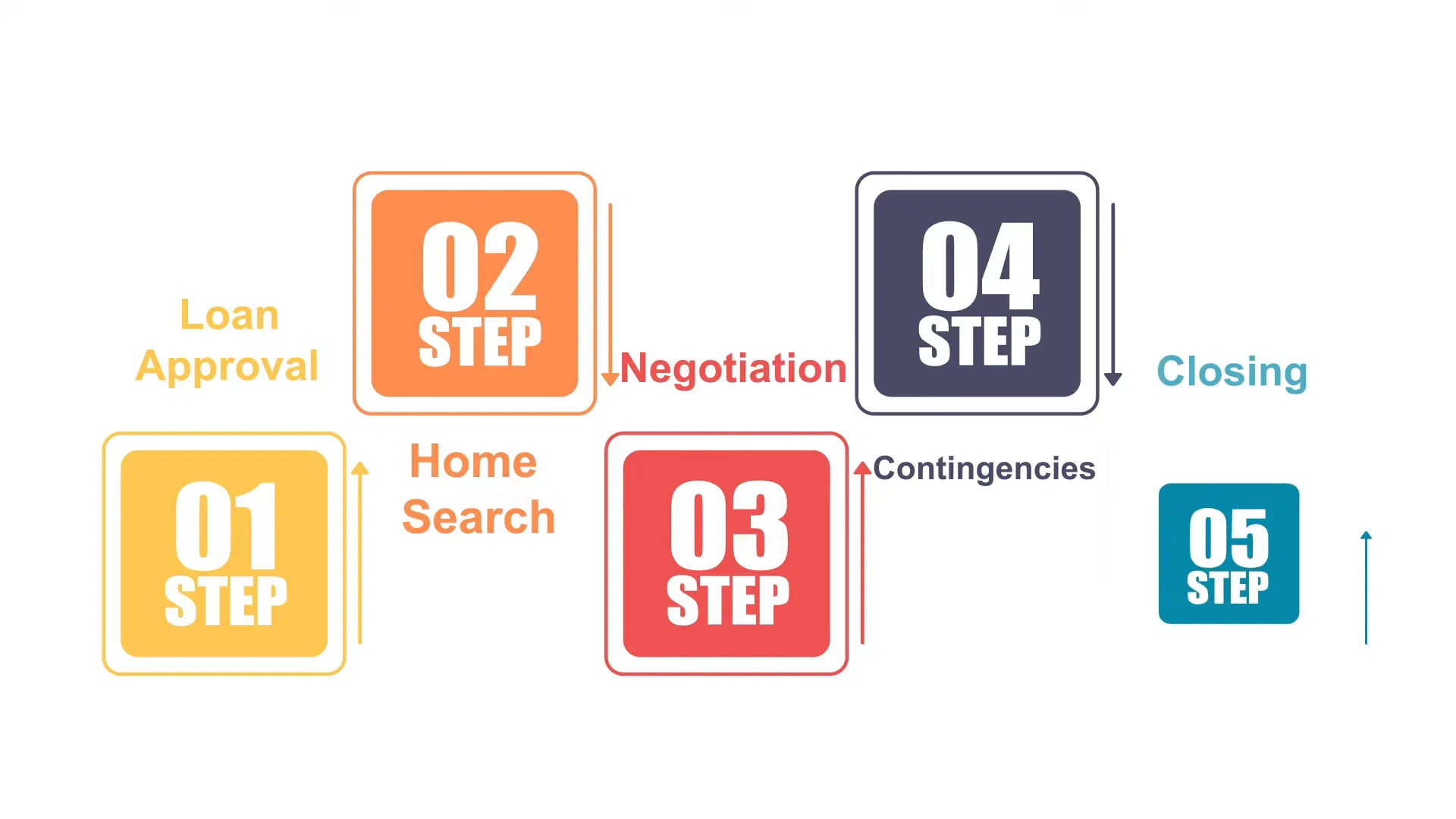
📈 Strategies for Successful Offers
Making a strong offer is crucial in a competitive market. Your goal is to stand out among other buyers while ensuring you don't overextend your budget.
Here are key strategies to enhance your offer:
- Understand the Market: Research recent sales in the area to gauge fair pricing.
- Be Flexible: Consider accommodating the seller’s timeline or terms to make your offer more appealing.
- Personal Touch: Include a personal letter expressing why you love the home; it can make a difference.
- Escalation Clause: Consider including this clause to automatically increase your offer if a higher bid comes in.
These strategies can help position your offer favorably, increasing your chances of acceptance.
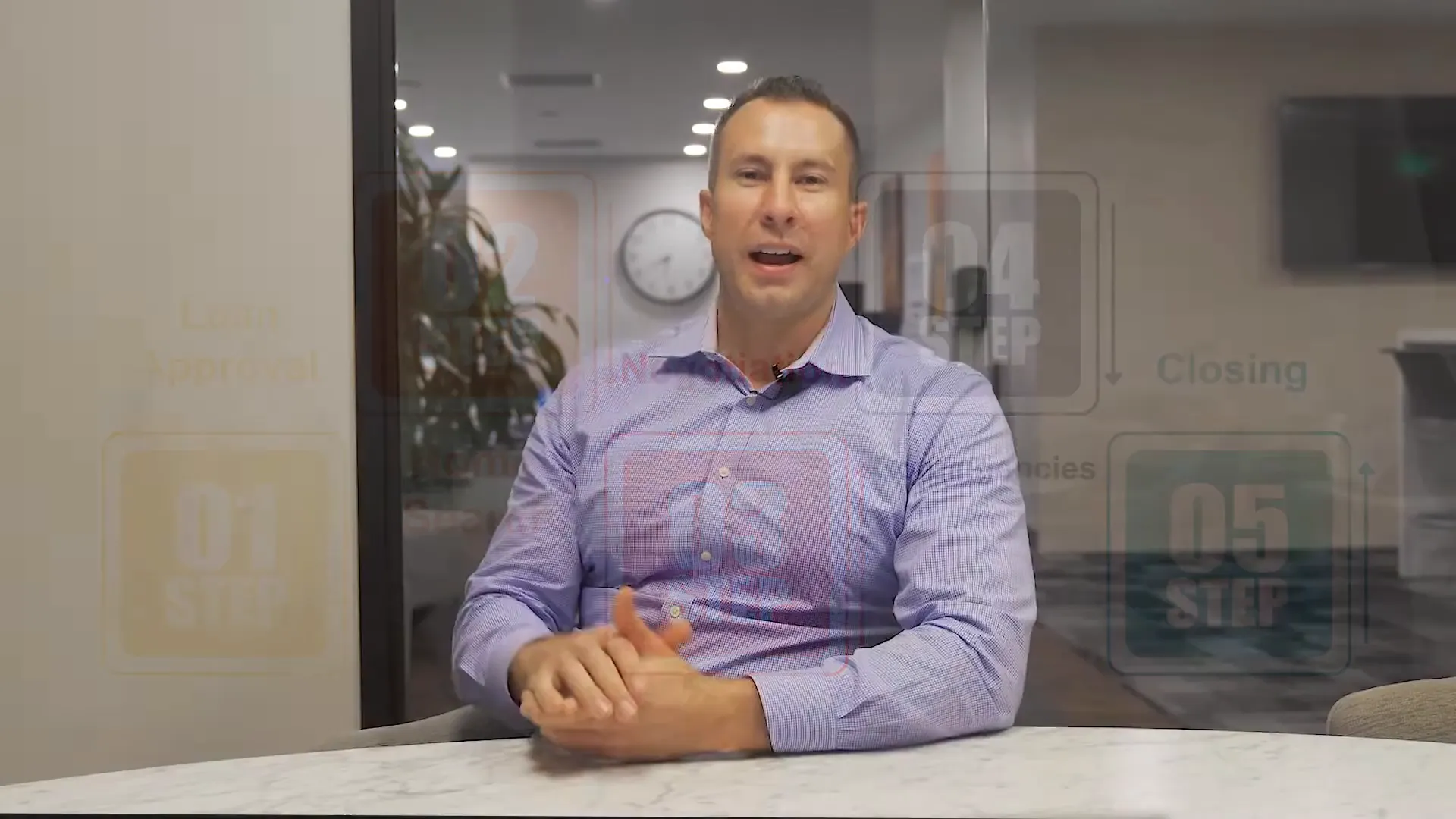
🔍 Reviewing Contingencies
Contingencies are crucial elements of your offer that protect you as a buyer. They outline specific conditions that must be met for the sale to proceed.
Common contingencies include:
- Inspection Contingency: Allows you to have the home inspected and negotiate repairs or cancel the contract if issues arise.
- Appraisal Contingency: Ensures the home appraises at or above the purchase price, protecting you from overpaying.
- Loan Contingency: Provides time to secure financing; if not approved, you can back out without penalty.
Reviewing and understanding these contingencies is vital to safeguard your investment.
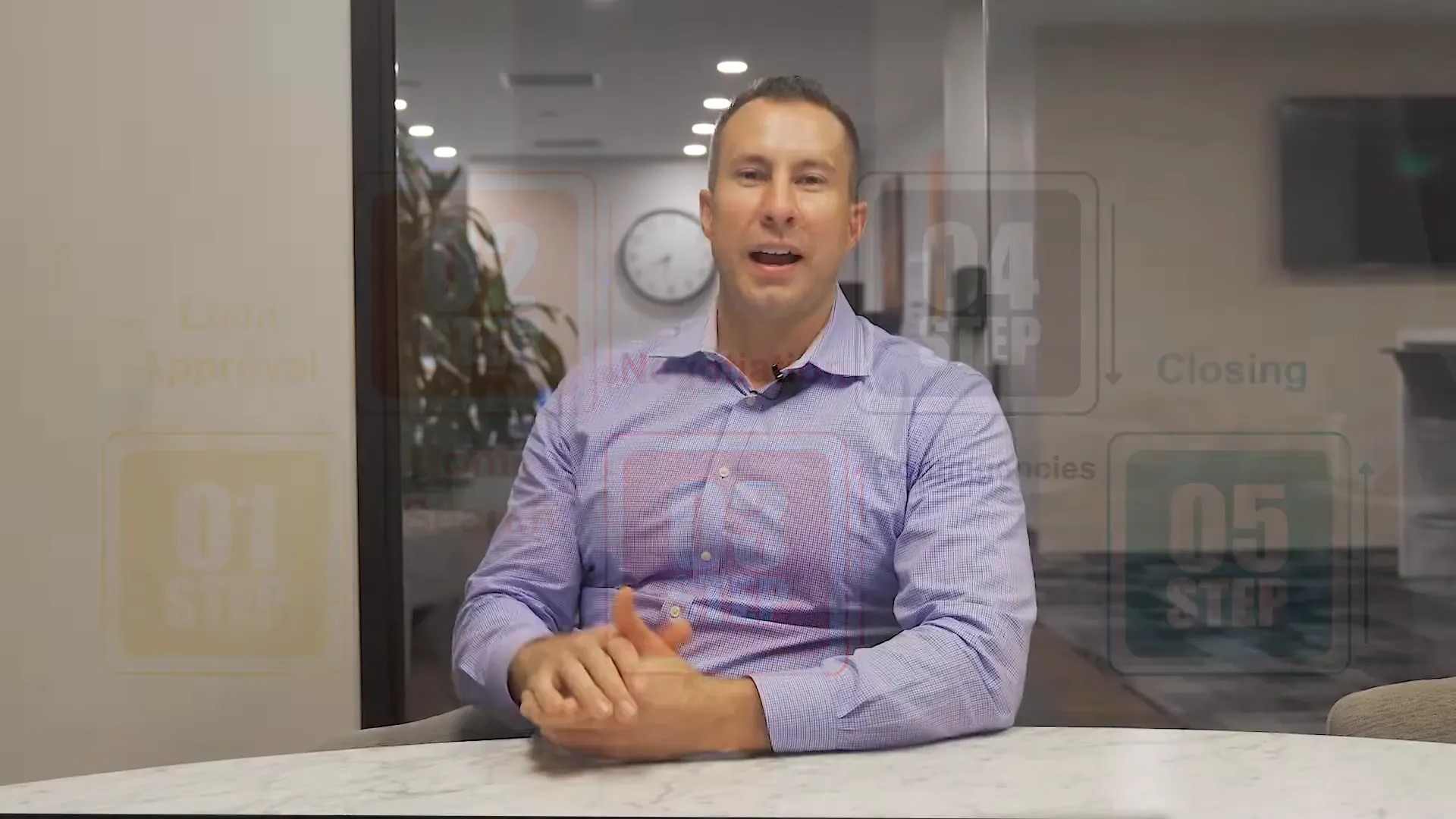
🚧 Navigating the Minefield of Home Buying
Buying a home can feel like navigating a minefield. Each step must be taken carefully to avoid costly mistakes.
Here are some tips to help you navigate this complex process:
- Stay Informed: Keep up with market trends and be aware of potential pitfalls.
- Work with Professionals: A trusted real estate agent can guide you through potential landmines and ensure a smoother transaction.
- Be Prepared for Negotiation: Understand that negotiation is part of the process; being flexible can lead to better outcomes.
With the right guidance, you can successfully navigate the challenges of home buying.
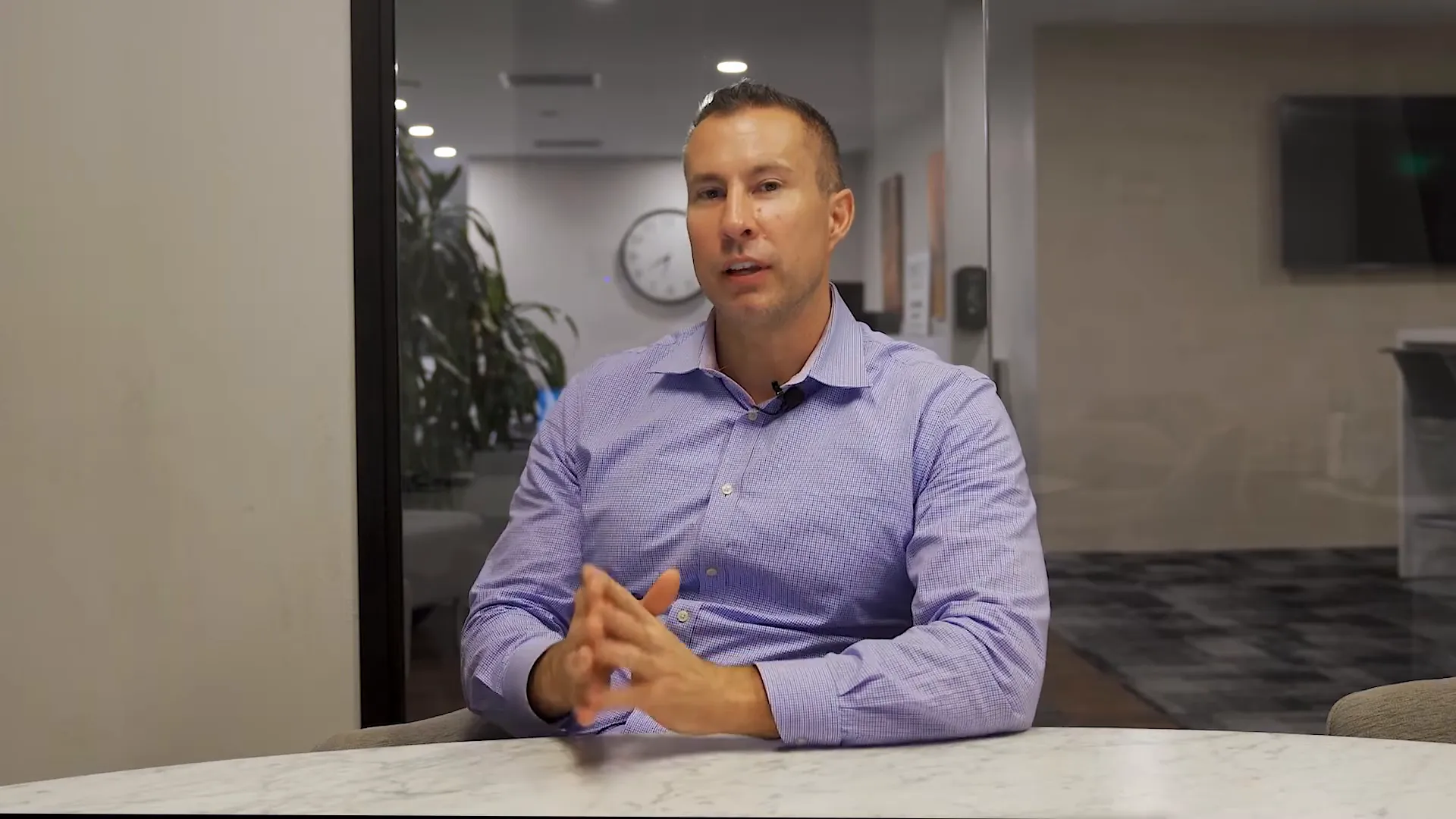
📋 The Importance of Pre-Qualification
Pre-qualification is often seen as a simple step, but it carries significant weight in the home buying process. It sets the foundation for your purchasing power.
Here’s why pre-qualification is essential:
- Determines Budget: Helps you understand how much you can afford, guiding your home search.
- Strengthens Your Offer: Sellers often prefer buyers with pre-qualification, as it shows you are serious and financially capable.
- Identifies Issues Early: A thorough pre-qualification process can reveal potential financial roadblocks before you make an offer.
Taking the time to secure pre-qualification can provide you with a competitive advantage.
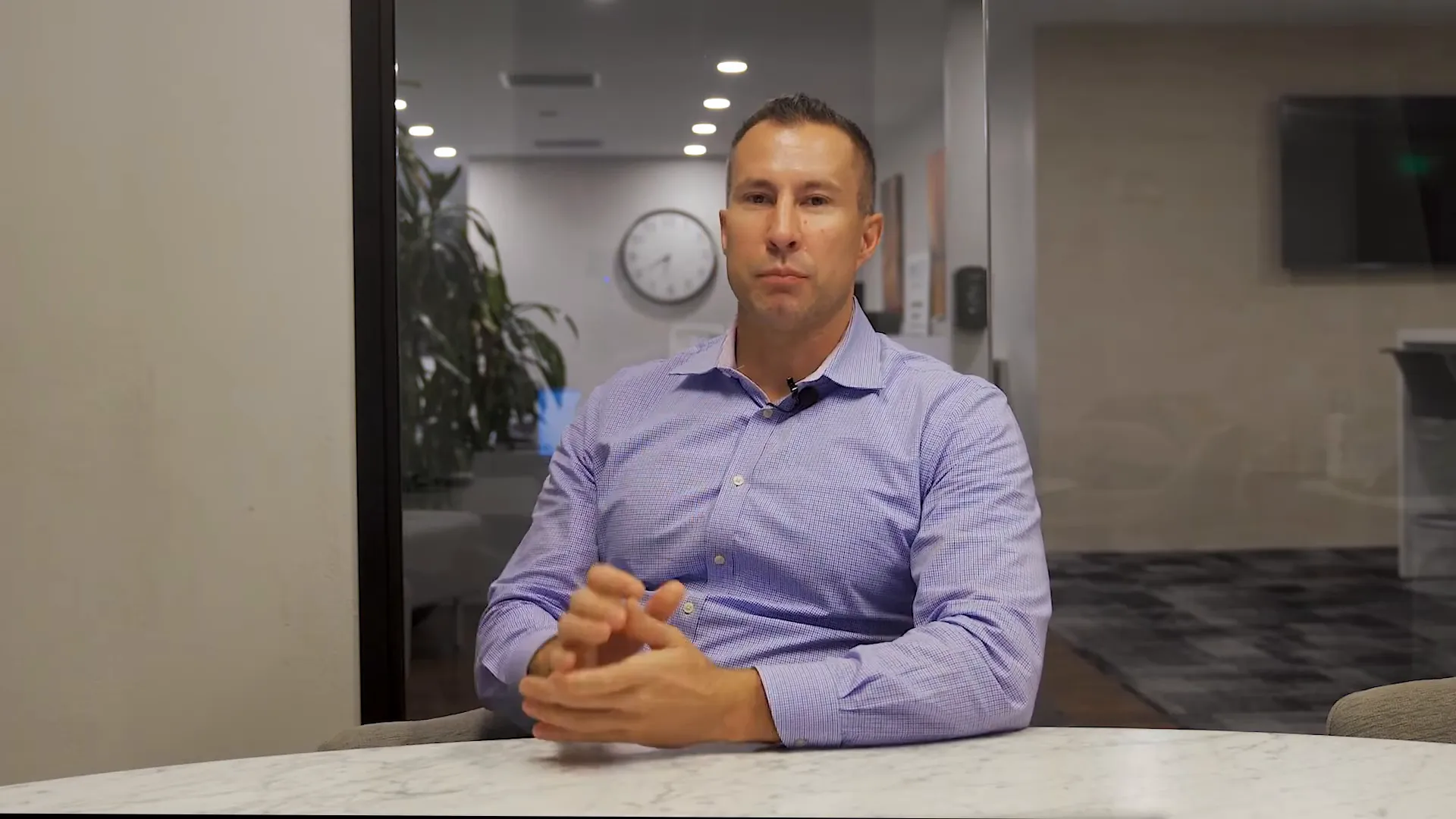
📝 Conclusion and Next Steps
As you embark on your home buying journey, remember that preparation is key. By understanding the strategies for successful offers, reviewing contingencies, navigating potential pitfalls, and securing pre-qualification, you position yourself for success.
Your next steps should include:
- Finalize your pre-qualification.
- Begin your home search with a clear set of goals.
- Consult with your real estate professional regularly for guidance.
With the right approach and support, you will find the right home for you.
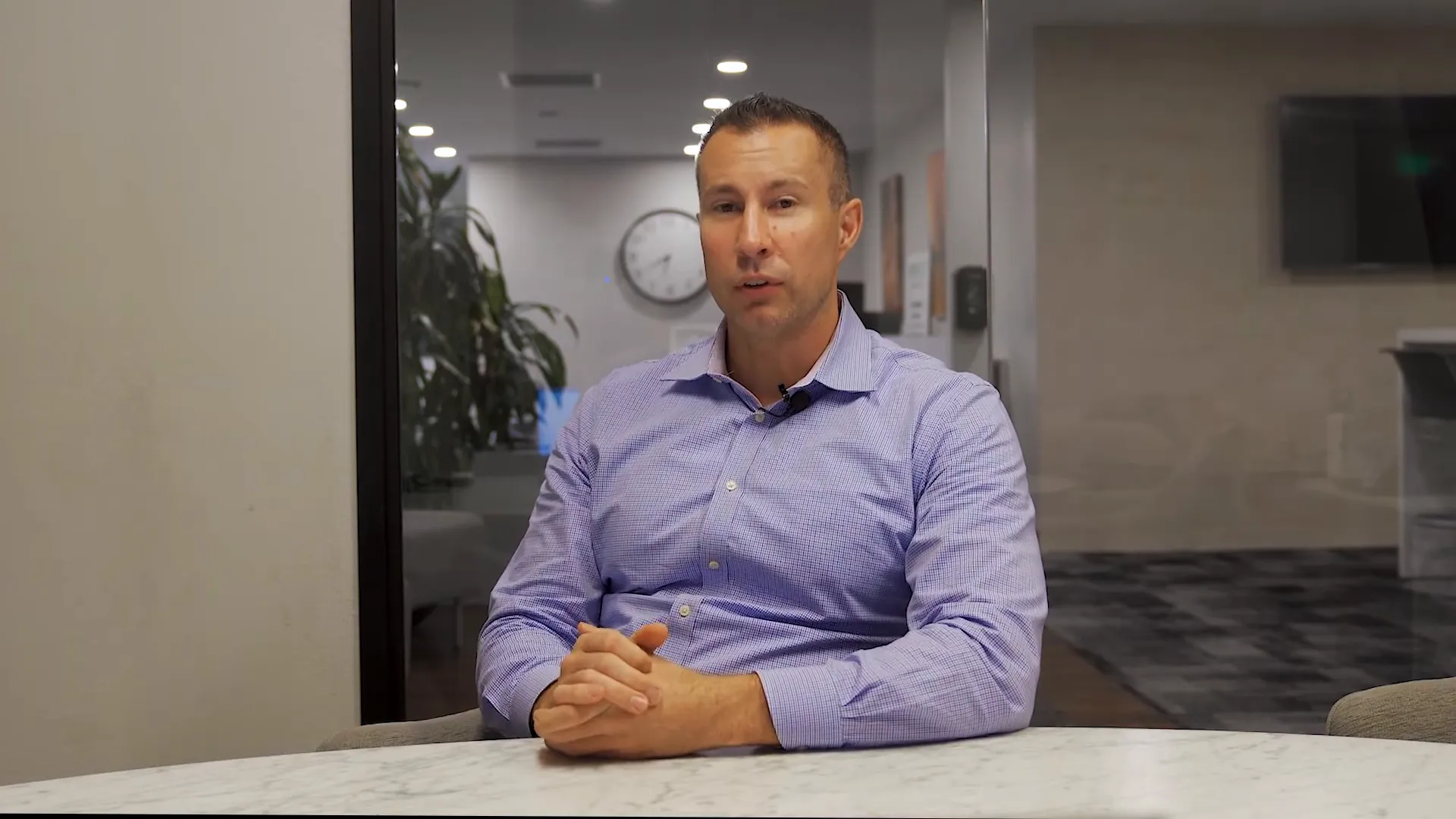
❓ FAQs About Home Buying
Understanding the home buying process can raise many questions. Here are some frequently asked questions to help clarify common concerns:
- What is the difference between pre-qualification and pre-approval? Pre-qualification is a basic assessment, while pre-approval involves a more detailed review of your finances.
- How long does the home buying process take? The timeline can vary, but typically it takes 30 to 60 days from offer acceptance to closing.
- What are closing costs? Closing costs are fees associated with finalizing a mortgage, including appraisal, title insurance, and lender fees.
By addressing these questions, you can approach your home buying journey with greater confidence.
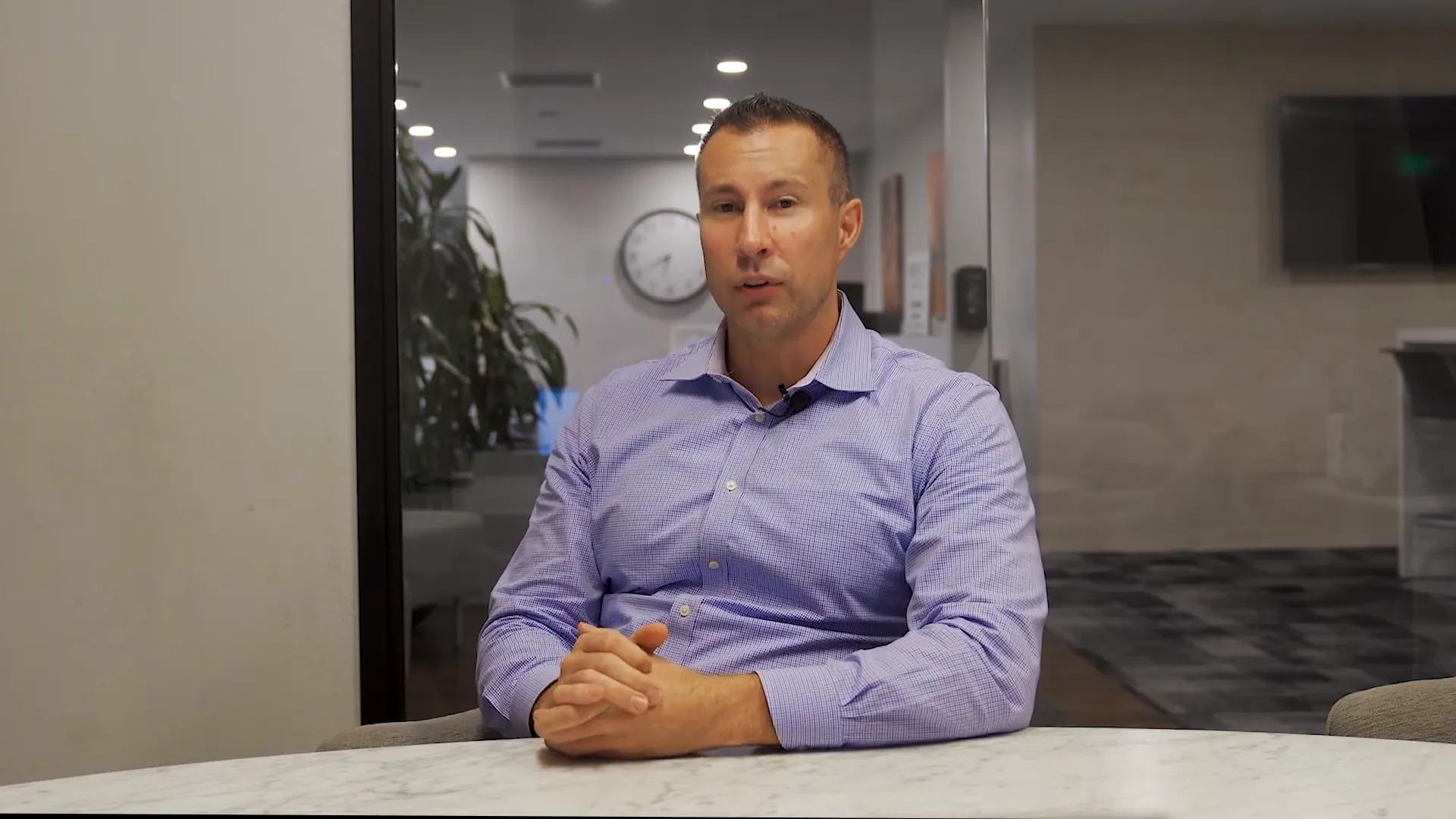
Categories
- All Blogs (314)
- Client Testimonials (19)
- East Palo Alto (81)
- Graeham Watts Home Tours (23)
- Home Buyer's Process (34)
- Home Tours (28)
- Houses for sale in East Palo Alto (13)
- Investing (18)
- Landlord and Tenant Info (9)
- Menlo Park (49)
- Personal (5)
- Real Estate Questions Answered (91)
- Real Estate Tips (86)
- Redwood City (85)
- San Mateo County (10)
- Seller's Process (22)
Recent Posts



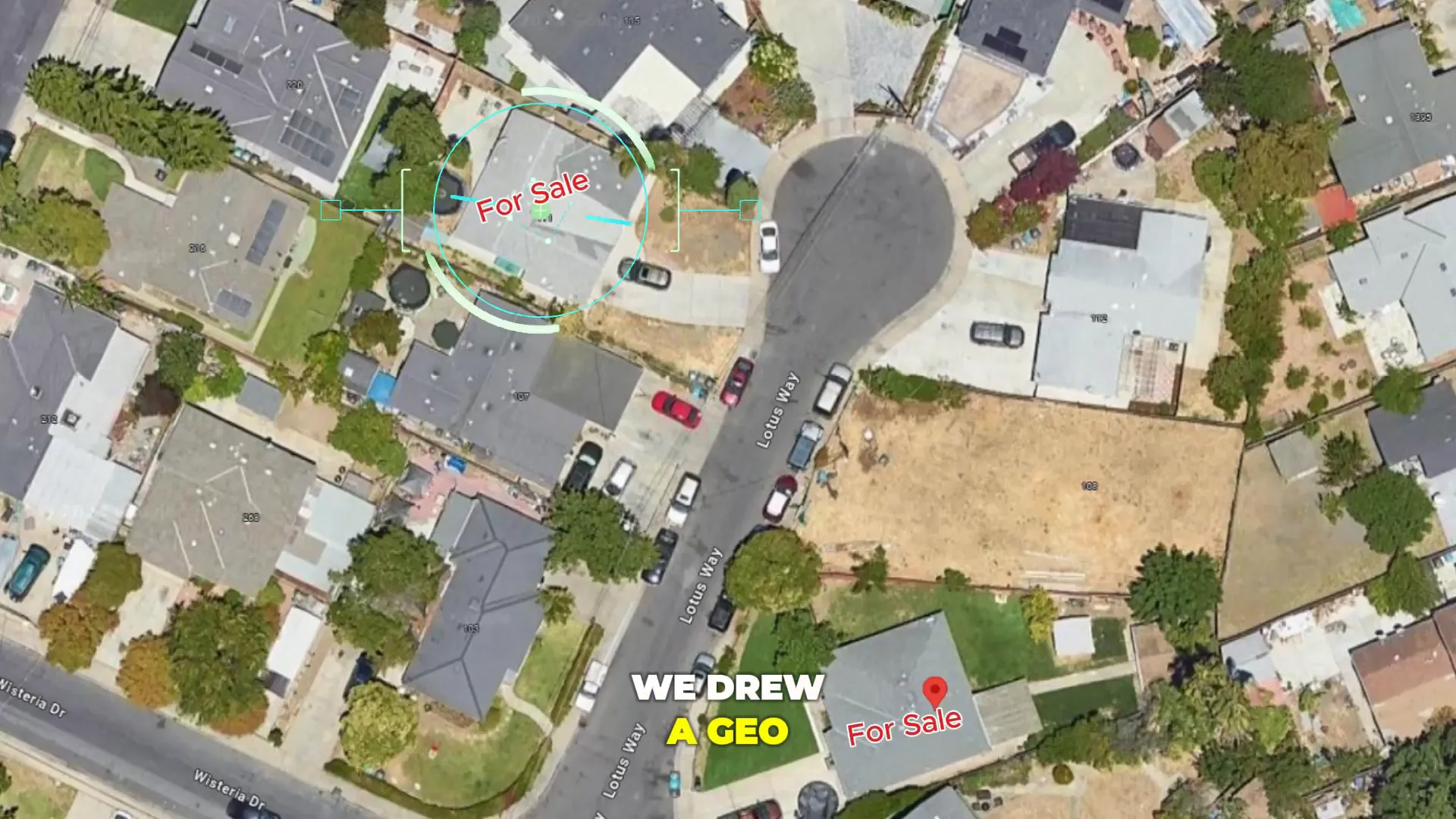






GET MORE INFORMATION

